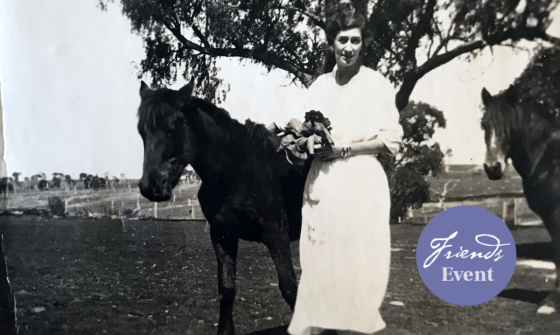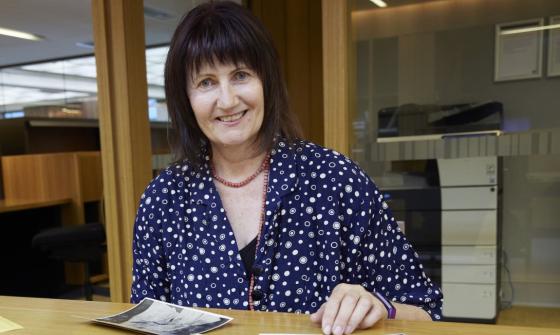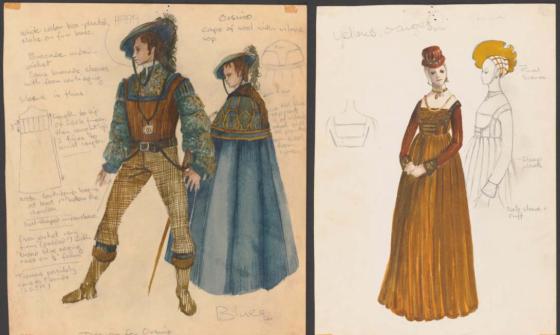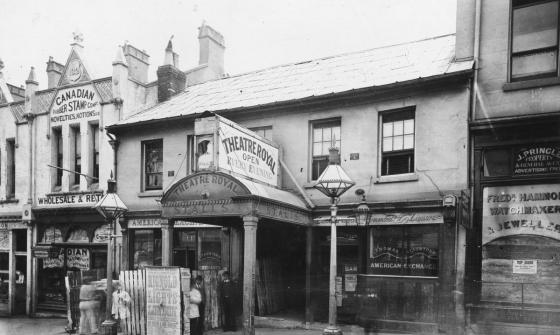Discovering and reviving the plays of Millicent Armstrong
In 2016, as a new resident of Gunning, north of Canberra, I stumbled on a Wikipedia page featuring a local playwright and WWI soldier-settler, Millicent Armstrong (1888-1973).
A quick search revealed the presence of some of Millicent’s plays in the National Library of Australia. I visited the Library and read through the three short plays, finding them very entertaining, and, in the case of the award-winning Drought, profoundly moving.
Over the ensuing years a lot of other detective work has taken place to uncover more about Millicent’s life and explore the possibility of bringing her work to the stage for a contemporary audience. Connections have been made with Millicent’s family, many of whom have been able to attend at least one of the various readings we have held, hearing for the first time their Aunt Mill’s insightful plays.
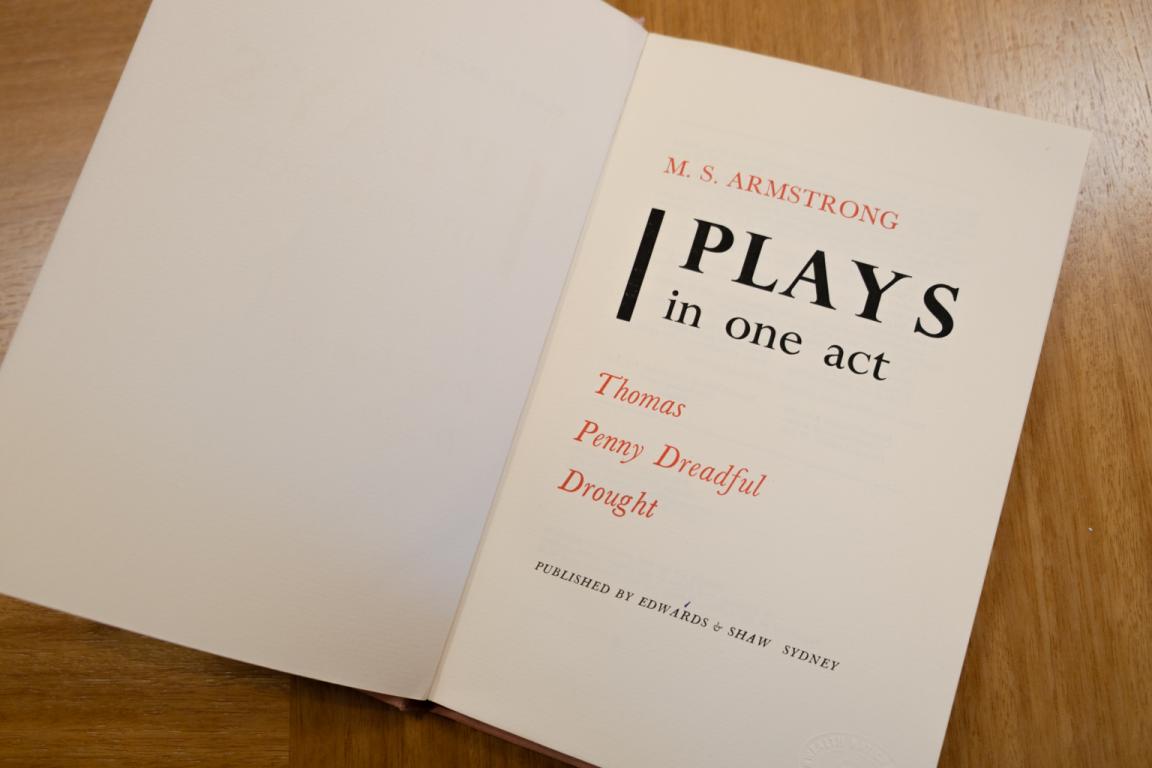
Millicent Armstrong, Plays in One Act, 1958, nla.gov.au/nla.cat-vn2333051
Millicent Armstrong, Plays in One Act, 1958, nla.gov.au/nla.cat-vn2333051
Recently, I connected with relatives living out on a property south of Nyngan in New South Wales, not far from Dandaloo, a gorgeously named locality that is mentioned in Millicent’s short tragedy Drought. Her four-act drama, Fire, is also set in the country south of Nyngan.
Through my production company Music Theatre Projects, four of Millicent Armstrong’s short plays have been performed as part of a touring production titled Drought and Other Plays. We have adapted them for performance for rural and regional audiences, and for quick setup in community halls, woolsheds and at heritage homesteads.
Those plays are At Dusk, a gothic drama set in rural Australia; Thomas, an hilarious situation comedy; and Penny Dreadful, a melodramatic thriller. Millicent clearly enjoyed exploring different genres in her writing. The fourth play in that touring production is Drought, a beautifully structured two-hander that hits hard.

Final scene of the tragedy Drought, performed by Music Theatre Projects Ltd, 2023. Image courtesy Dianna Nixon.
Final scene of the tragedy Drought, performed by Music Theatre Projects Ltd, 2023. Image courtesy Dianna Nixon.
In 2023, I transcribed another work, Fire, from the digitised newspaper serial from 1923, available on Trove. Fire was serialised in The Daily Telegraph over a two-week period in May 1923 having won a place in a playwriting competition.
Music Theatre Projects gave a first reading of my transcription of Fire in October 2023 at the Gunning Arts Festival. Then in April 2024, we brought together a group of artistic consultants, at The Street in Canberra, to look at Fire and assess its value as a heritage work, but also to explore its potential for contemporary performance, and for screen adaptation. In May 2024, we presented a second reading of Fire, this time in the old woolshed on Millicent’s former farm.
Fire is a rural drama written in four acts, set within a catastrophic fire event. This play, as with several of Millicent’s other works, gives authentic voice to characters from our rural past. It touches on themes of social justice, classism in rural Australia, and the soldier-settler story, with a strong response to the impacts of WWI. Her own shocking war experience, which culminated in her receiving the Croix de Guerre for bravery of the Western front, no doubt strongly influences these story elements in Fire. Like all her other plays, the contemporary relevance of Fire is striking.
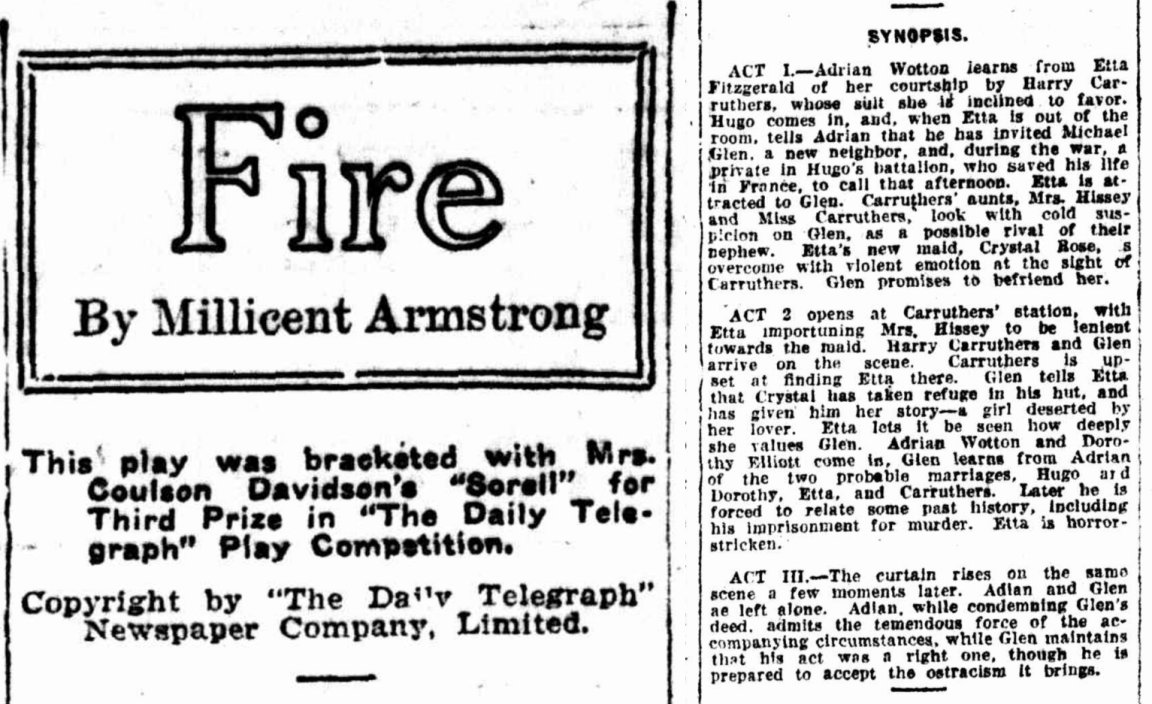
'Fire', The Daily Telegraph, 26 May 1923, nla.gov.au/nla.news-article245813715
'Fire', The Daily Telegraph, 26 May 1923, nla.gov.au/nla.news-article245813715
Through our ongoing work on Millicent Armstrong’s plays, we hope to afford her plays the development that wasn’t available to her in her lifetime. The plays didn’t benefit from long seasons, or return seasons, where the works might be given revisions based on how they work on stage. So we are doing this for her. We are very conscious of ensuring her unique storytelling perspective and creative voice remains intact, as we gently explore how to stage the works in the 21st century.
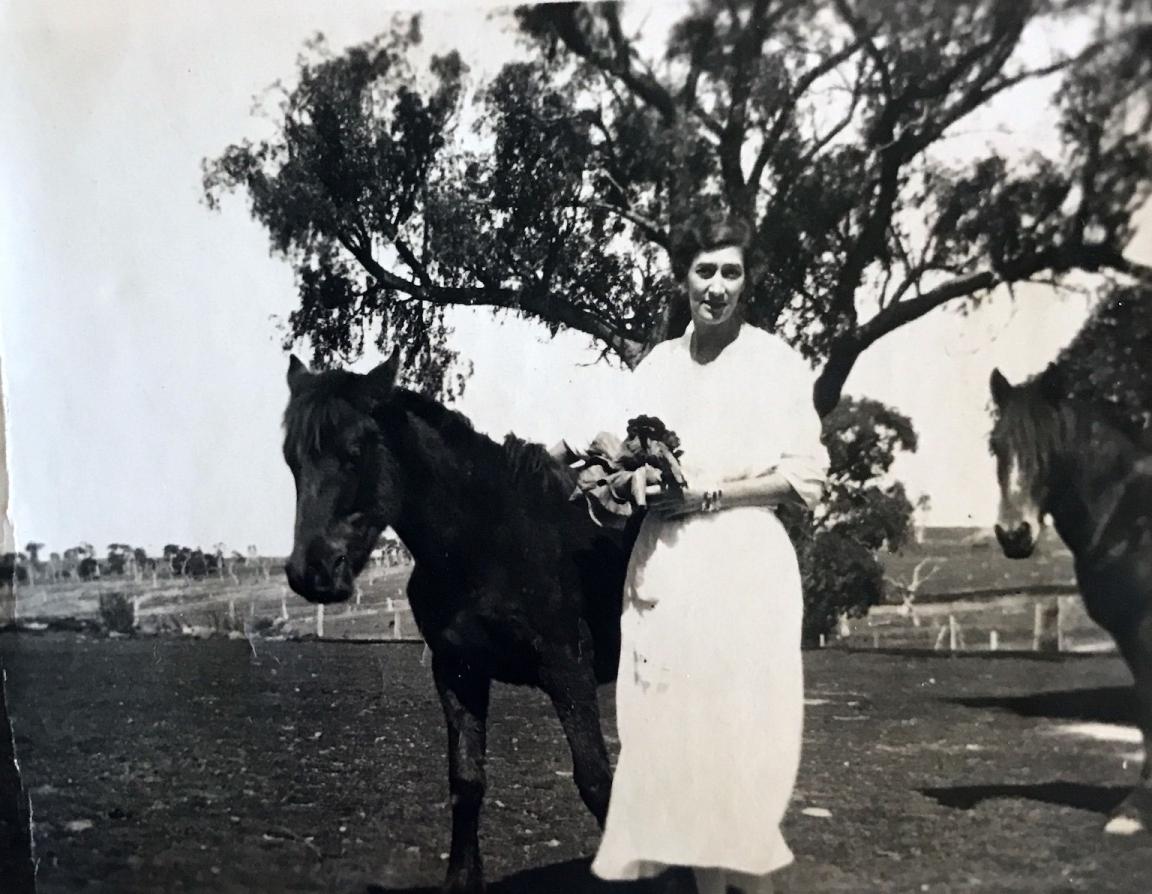
Millicent Armstrong with horses at her Gunning property, courtesy Lucy Knight.
Millicent Armstrong with horses at her Gunning property, courtesy Lucy Knight.
Millicent Armstrong’s family have told me how modest and straightforward they thought Aunt Mill was, but I’m sure she would be delighted that we are reading and championing her plays.
Join the Friends of the National Library on 19 March 2025 to hear more from Dianna Nixon about the life and work of Millicent Armstrong.
Learn more and book your tickets
This article was originally published in the Friends of the National Library newsletter, Summer 24-25 edition.
Visit us
Find our opening times, get directions, join a tour, or dine and shop with us.
